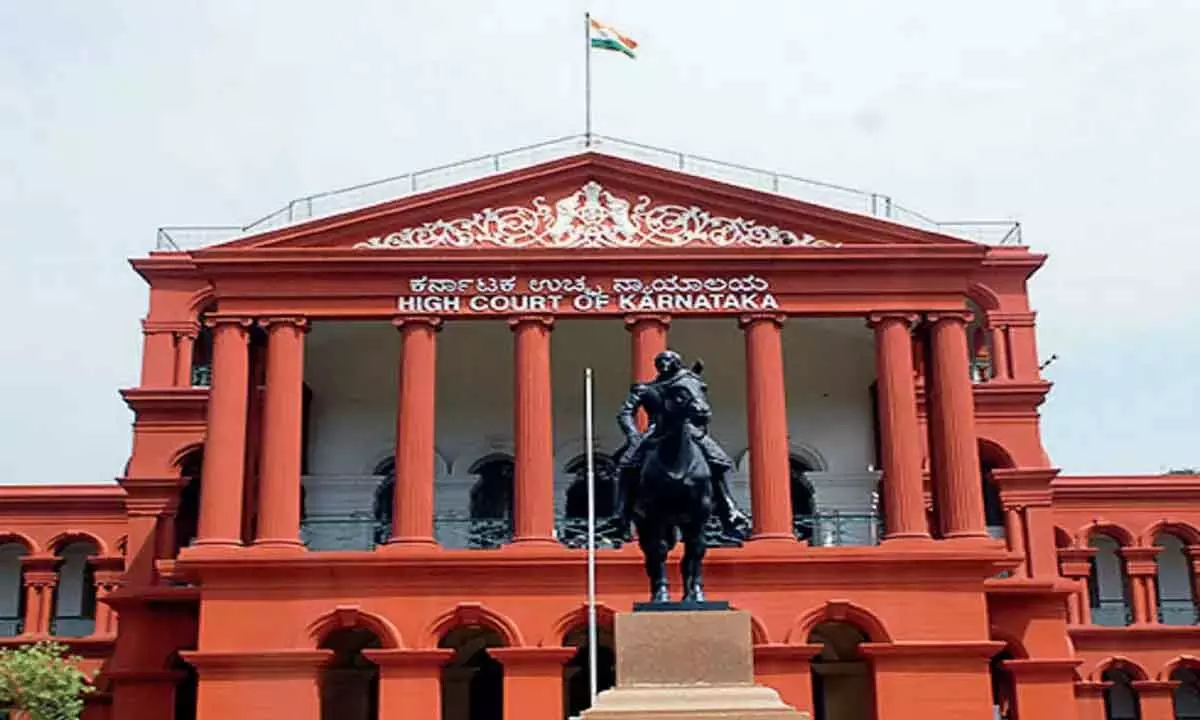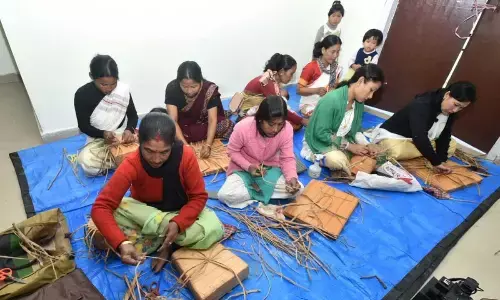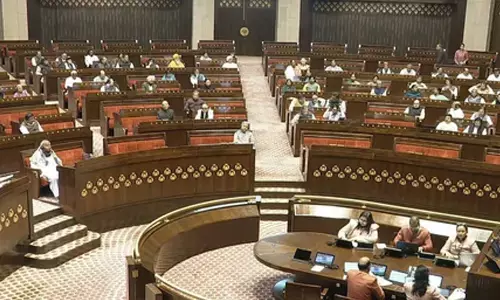Purchase of agri land converted to residential use not against law: Karnataka High Court

Karnataka High Court
The purchase of land after it is converted from agricultural to residential use does not contravene the provisions of the Karnataka Scheduled Castes and Scheduled Tribes Act, the Karnataka High Court has said.
Bengaluru: The purchase of land after it is converted from agricultural to residential use does not contravene the provisions of the Karnataka Scheduled Castes and Scheduled Tribes (Prohibition of Transfer of Certain Lands) Act, the Karnataka High Court has said.
It upheld as valid the purchase of three acres of land by the Tibetan Children's Village in Sheshagirihalli village in Ramangara, which was originally a grant land, after the land had been converted for residential use.
Agricultural land granted to SC/ST cannot be transferred as per the said Act.
Giriyappa was granted the land in 1978. He transferred the land to T Prasanna Gowda in 1996. The latter converted the land use under Karnataka Land Reforms Act (KLR Act) and then transferred it to the Tibetan Children's Village, a registered Society.
The heirs of Giriyappa challenged the transfer of land in 2006. The Assistant Commissioner ruled in favour of the Society, but the Deputy Commissioner set aside the AC's order and allowed the restoration of the land in favour of the heirs of Giriyappa. This was challenged in the High Court by the Society.
The High Court bench of Justice B M Shyam Prasad in its order on May 23, allowed the petition and ruled in favour of the Society.
The HC noted that a full bench had earlier ruled (Sri Munnaiah vs Deputy Commissioner) in 2021, "once the permission for conversion is granted under Section 95(2) of the KLR Act, the land loses its nature of being an agricultural land and therefore restriction under Section 4(2) of the PTCL Act would no longer be applicable."
The HC said that in view of the observation made by its full bench in the earlier case, "the petitioner must succeed on this ground." Further, the court noted that a similar challenge to the Tibetan Children's Village's purchase of the adjacent lands on similar grounds had also failed.
Delay in filing the case also came to the aid of Tibetan Children's Village. "The first sale deed is in the year 1996 and the proceedings are initiated 10 years later which would be an unreasonable delay in the absence of necessary explanation and in the circumstances of the case. The petitioner must succeed even on this ground," the HC said.
















